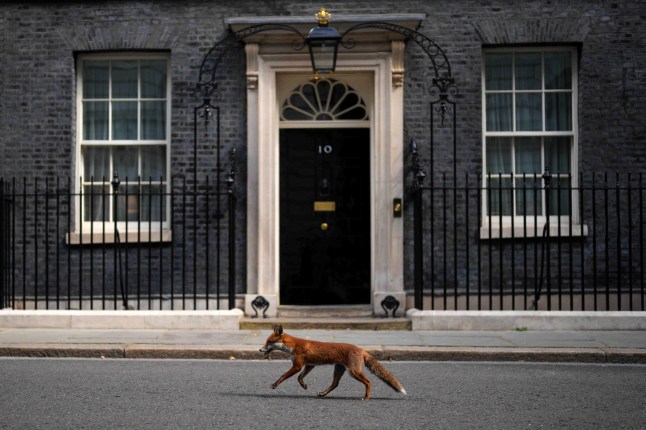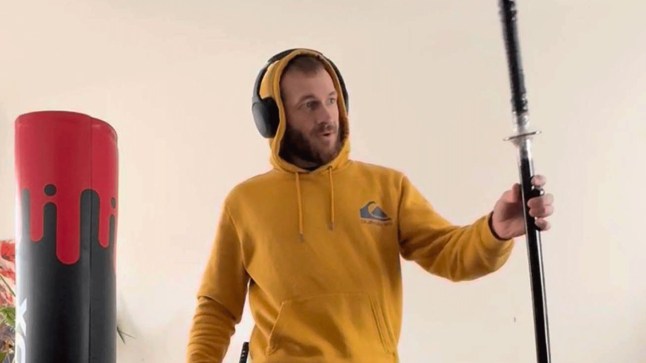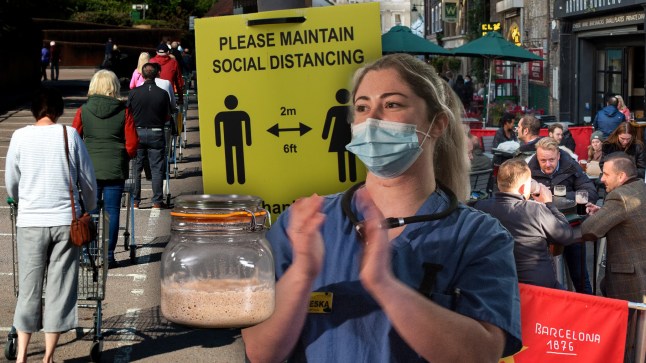
Five years ago, with the dawn of the Covid pandemic, life in the UK seemed to change dramatically overnight.
Everything we took for granted – from social interaction and the daily commute to shopping and ordering a takeaway – was thrown out of balance.
And then… things seemed to mostly change back again.
Of course, there were some momentous shifts in society both tangible (the growth in popularity of working from home, for example) and intangible (such as a rise in conspiracy theories).
But remembering those early months of lockdown, for those lucky enough to not be personally impacted by the devastation of the virus, can sometimes feel recalling scenes from a movie.
Here are a few things you may have forgotten about.
Makeshift masks
Face masks became necessary for everyday life, whether you were travelling somewhere or just meeting someone on the street.
But it wasn’t always easy to get your hands on the kind of surgical-grade mask which was recommended by the experts.
This led to the bizarre situation where businesses and organisations would sell branded fabric masks as a merchandise opportunity – I got my hands on a fetching Aberdeen Art Gallery one.
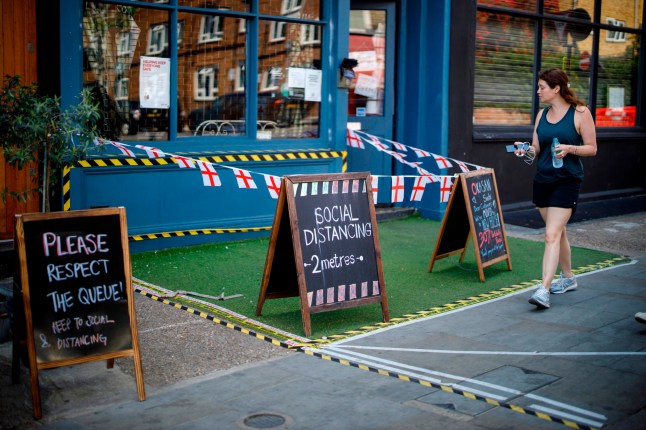
And for those people who preferred more of a homemade vibe, there always seemed to be a relative or friend of a relative who would stitch their own from an online guide.
Popping to the shops
This was perhaps the most jarring shift in everyday life that the nation went through.
While people typically just pop to the shops these days to pick something up, Britons reverted back to doing weekly shops as we had to spend hours waiting in queues outside.
Each person was forced to wait in spots two metres apart from each other. One by one, each customer would be ushered in by a masked employee as others left, and once inside you would have to adhere to a one-way system and try to avoid touching anything you weren’t going to buy.
NHS staff and key workers were also given priority, meaning they could skip the queue to get their groceries.
When you got home, naturally, you’d have to give your shopping a wipe down or leave it alone for a while to ensure any germs were dead.
Quarantine hotels
In the early days of lockdown, people flying back from Wuhan China were quarantined in hotels at a conference centre in Milton Keynes to try and prevent the spread of Covid.
The first group, consisting of 118 people including 10 children and a family of four, were held for two weeks in February before being released.
But after the UK entered lockdown on March 23 2020 after the virus spread, the hotel quarantines returned months later.
In January 2021, British residents travelling to the UK from ‘red list’ countries, i.e. countries that had high numbers of Covid infection numbers, were forced to pay £1,750 to quarantine in hotels for 11 days.
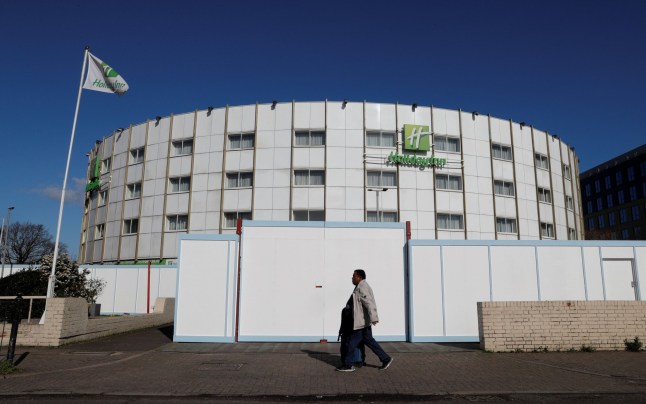
They were required to change their own sheets and towels, had to be accompanied by security if they want to go outside for some fresh air or a cigarette.
People who stayed in the hotels later gave an insight into what it was like, saying that card games, books, watching TV and playing games consoles kept them busy.
Despite people paying to stay there, a report from the National Audit Office later revealed that taxpayers subsidised around half of the scheme’s total cost of £786 million, just shy of £400 million.
A Parliamentary committee later said despite spending all that money and effort into setting up the system, they weren’t even sure if it actually worked.
Mega hospitals
In a bid to tackle the virus, giant hospitals and make-shift treatment centres were set up globally to help treat the vast amount of patients being diagnosed with Covid.
Over in Wuhan, a 1,000-bed hospital was opened in January 2020 – two months before the UK went into lockdown – which saw 500 construction workers and electricians drafted in to help finish it. It was originally intended to be a hospital that would open in May.
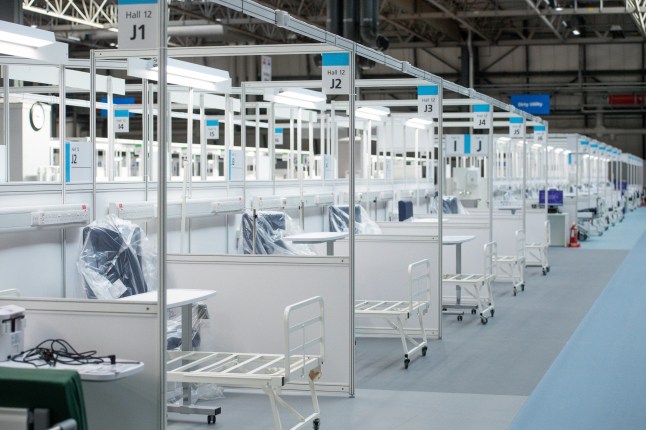
Months later, the UK followed with its ‘Nightingale Hospitals’, which were temporary hospitals opened up in London, Birmingham, Manchester, Harrogate and Bristol in April 2020, with two extra being opened in Sunderland and Exeter by June.
The Birmingham and London hospitals were the largest branches, with both having capacity to treat 4,000 patients each.
They all later closed in April 2021 after lack of use, and cost £500 million in total to be built.
Lockdown hobbies
All that time spent inside the home couldn’t just be filled with binge-watching TV shows – no matter how hard some people may have tried.
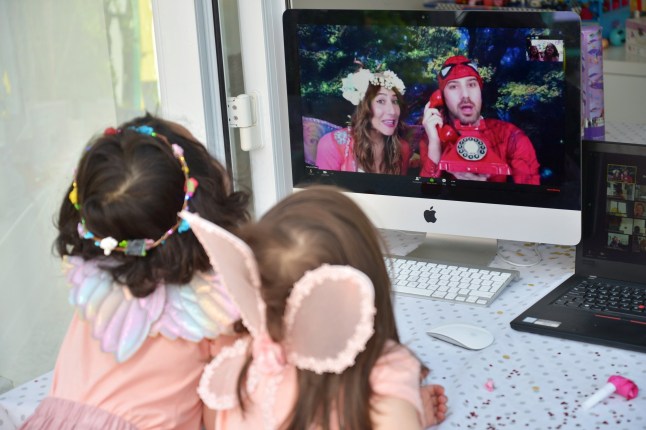
Many tried learning a new skill, such as baking banana bread and sourdough or mixing cocktails (though the latter could be a risk, considering the sheer amount of end product).
Alternatively, there were all the things you’d normally do in person that transferred onto Zoom: pub quizzes and gigs from musicians or comedians.
Once things eased up a bit, you might have taken the opportunity to go for a pint… with a strictly limited number of friends, and in a freezing beer garden.
Government-sanctioned walks
In the first week of lockdown in March 2020, then-Cabinet Office minister Michael Gove gave a bit of advice for people who wanted to venture outside.
He told Andrew Marr: ‘I would have thought that for most people, a walk of up to an hour, or a run of 30 minutes or a cycle ride of between that, depending on their level of fitness is appropriate.’
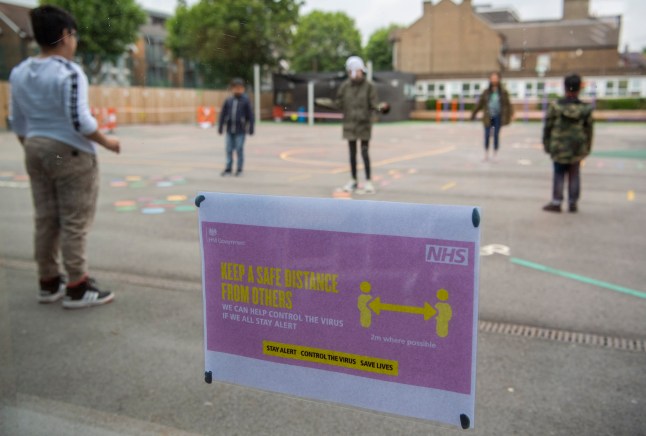
Thus began the concept of the time-limited daily government-sanctioned walk, with care taken to avoid coming within two metres of fellow wanderers.
There were some of us who even planned our days around it, as if it was some kind of indulgence.
Covid pass
Some people with older phones may still have, deep in their apps and long-unopened, their Covid pass.
This was a QR code or digital certificate that showed you had been given the coronavirus vaccine and could enter more high-risk environments.
Wales and Scotland required people to show this for entry into large venues or outdoors events from October 2021, and England did the same for a brief period between 2021 and 2022.
But it was used for a longer period to allow people to travel overseas.
Get in touch with our news team by emailing us at webnews@metro.co.uk.
For more stories like this, check our news page.

